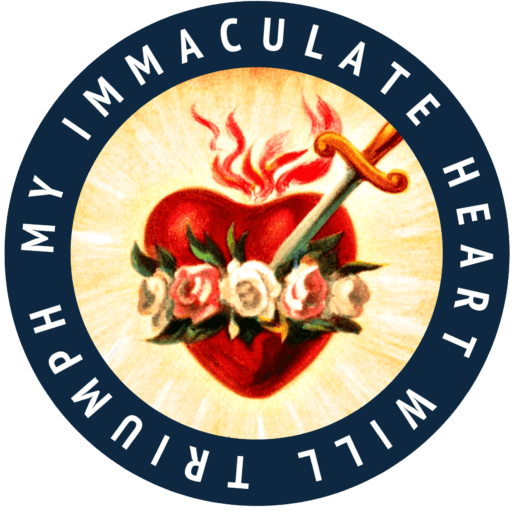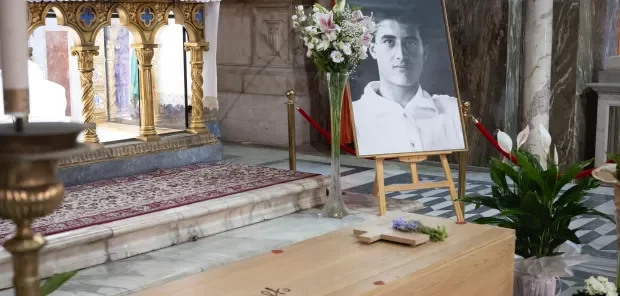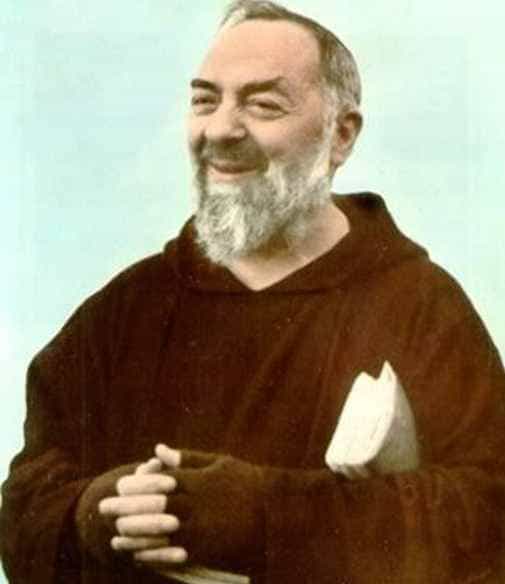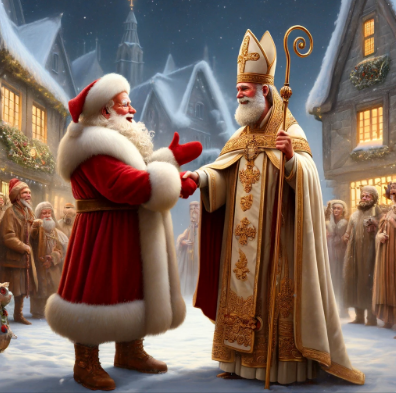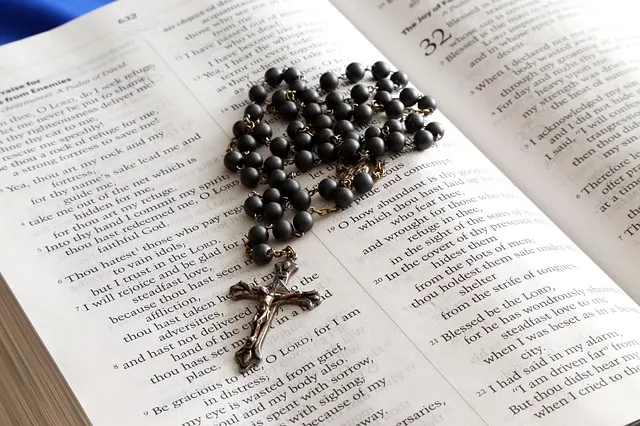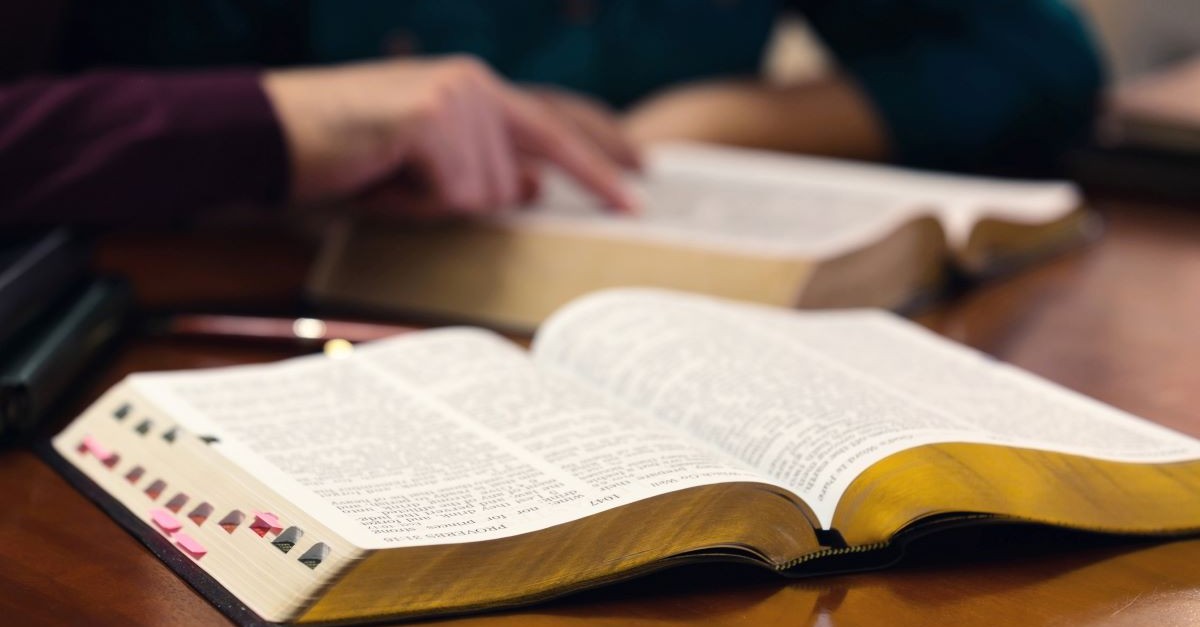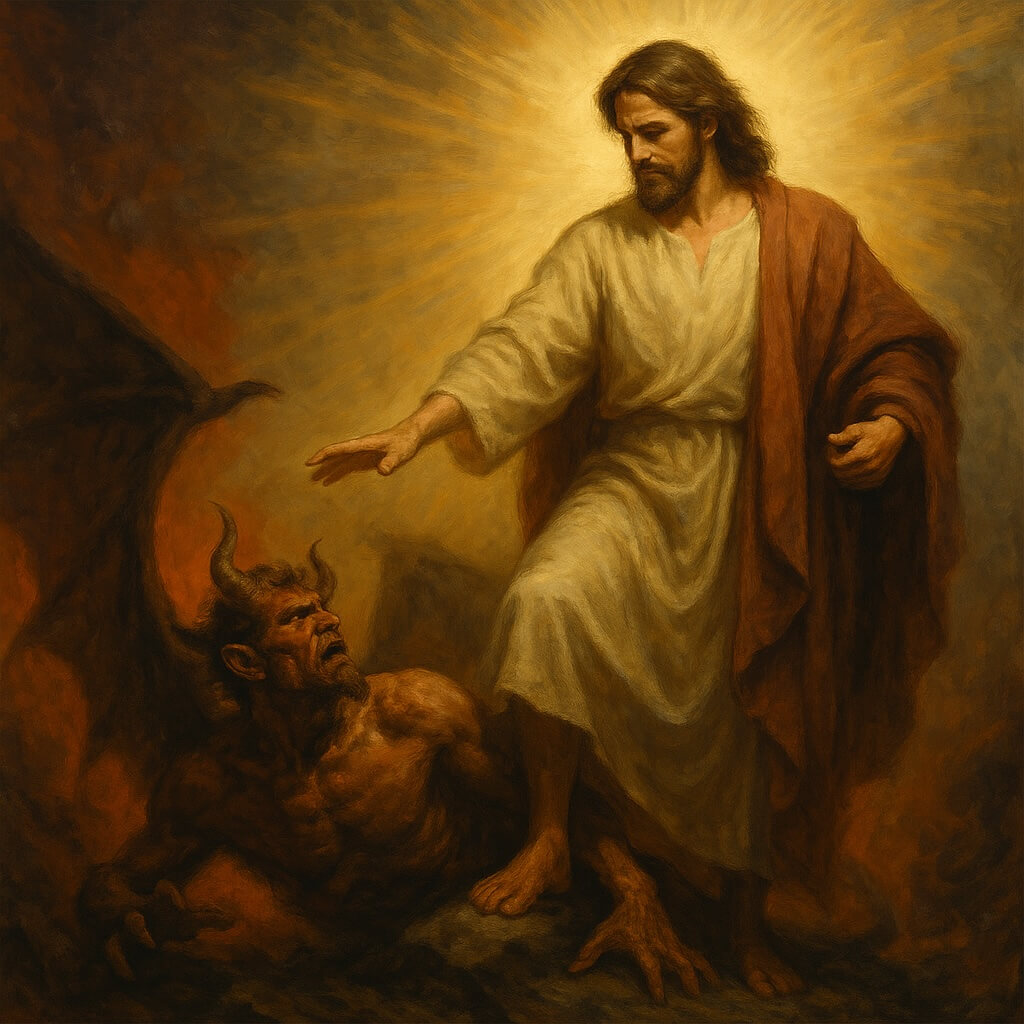
Category: Saints
-
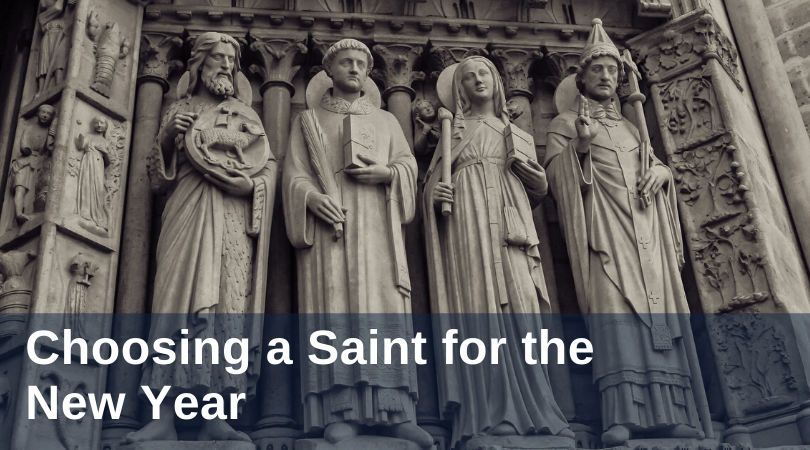
Discover the Saint who will accompany you in the new year!
Read More: Discover the Saint who will accompany you in the new year!https://www.youtube.com/watch?v=sdS0ewLjsNo At the beginning of the year let us ask God to give us the protection of a Saint whom we will pray to throughout the year and to whom we will commit ourselves to deepen his life and to imitate his virtues. By clicking on the inscription “my patron saint” will open a page from the most important encyclopedia of Saints and Blesseds: this…
-

3 Steps to Wisdom According to a Saint (Number 2 Will Shock You)
Read More: 3 Steps to Wisdom According to a Saint (Number 2 Will Shock You)St. Bernard’s 3 Tips to Gain Wisdom (One Will Surprise You) When we think of wisdom, we often imagine philosophers surrounded by books, or people with advanced degrees who seem to have all the answers. But St. Bernard of Clairvaux, a 12th-century monk and one of the great spiritual teachers of the Church, taught…
-
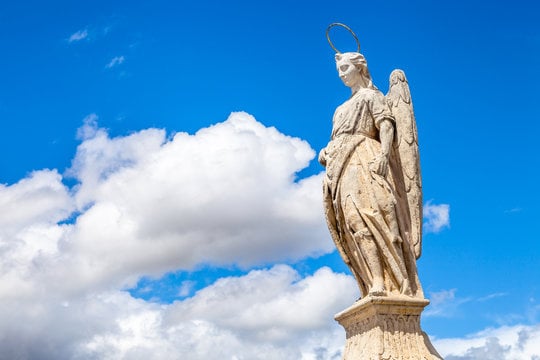
The Apparition of St. Raphael in Córdoba, Spain (16th Century)
Read More: The Apparition of St. Raphael in Córdoba, Spain (16th Century)The Apparition of St. Raphael in Córdoba, Spain (16th Century) ✨ A Heavenly Messenger in Troubled Times In the heart of Córdoba, Spain, during the 16th century, a miraculous event took place that reaffirmed the city’s deep Catholic faith. St. Raphael the Archangel, known as the angel of healing and divine guidance, appeared to a…
-
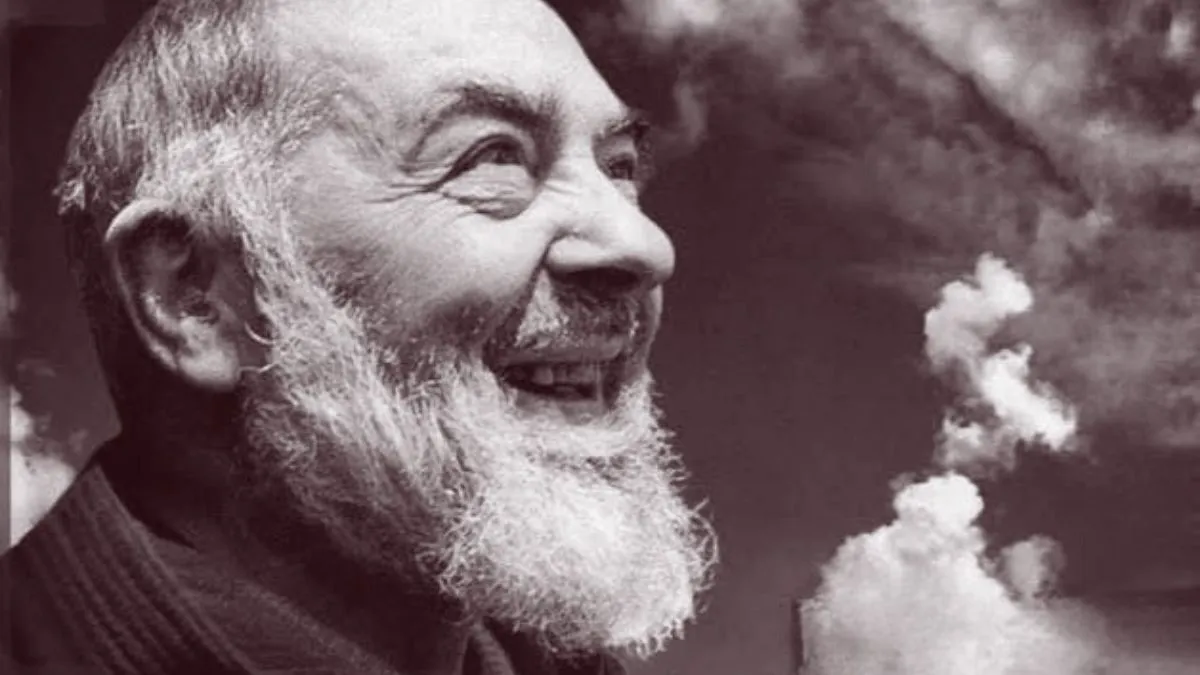
Miracle! St. Padre Pio Provides Long Distance Assistance: St. Padre Pio’s Bilocation Helps a Family
Read More: Miracle! St. Padre Pio Provides Long Distance Assistance: St. Padre Pio’s Bilocation Helps a FamilyThe Holiness of St. Padre Pio There are a number of reasons for this. Many might cite the fact that he received many extraordinary graces including visions, the stigmata, bilocation, and even miracles attributed to his intercession. However, it should always be noted that Holy Mother Church never raises a man or woman to the…
-
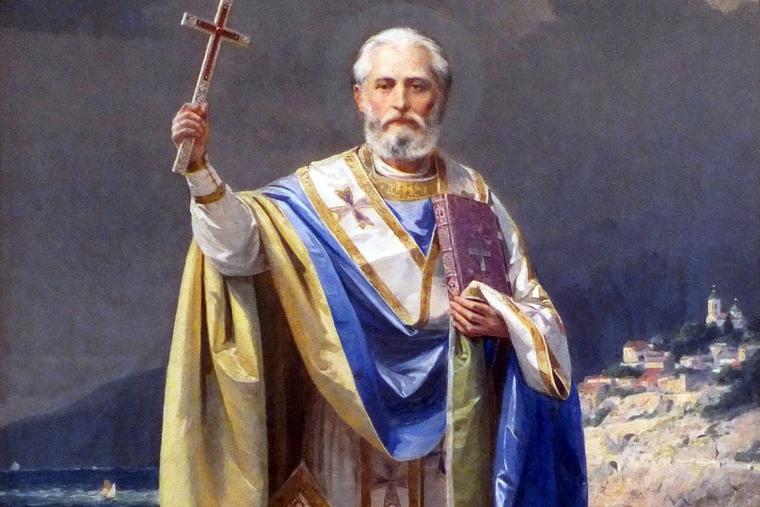
A Visit from St. Nicholas | Twas the night before Christmas
Read More: A Visit from St. Nicholas | Twas the night before Christmas‘Twas the night before Christmas, when all through the houseNot a creature was stirring, not even a mouse;The stockings were hung by the chimney with care,In hopes that St. Nicholas soon would be there; The children were nestled all snug in their beds;While visions of sugar-plums danced in their heads;And mamma in her ‘kerchief, and…
-
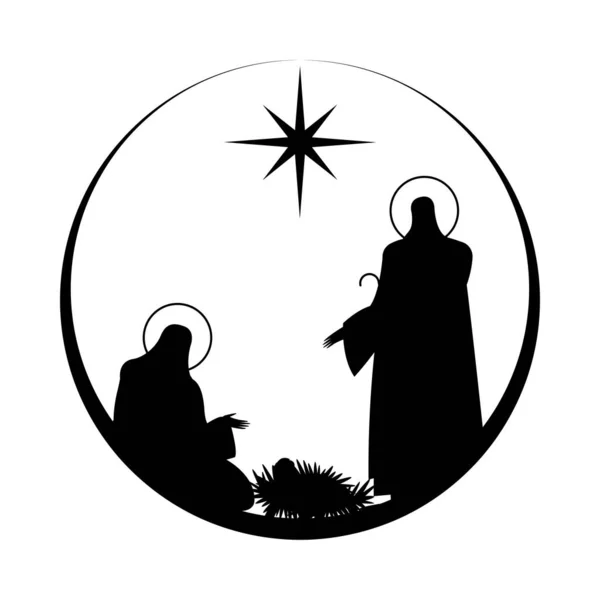
Make a ‘Good’ Confession This Christmas: A Confession Guide for Adults | Preparing Your Heart for Christ’s Nativity
Read More: Make a ‘Good’ Confession This Christmas: A Confession Guide for Adults | Preparing Your Heart for Christ’s Nativity1. I am the Lord your God. You shall not have strange gods before me.-Do I give God time every day in prayer?-Do I seek to love Him with my whole heart?-Have I been involved with superstitious practices or have I been involved with the occult?-Do I seek to surrender myself to God´s word as taught…
-
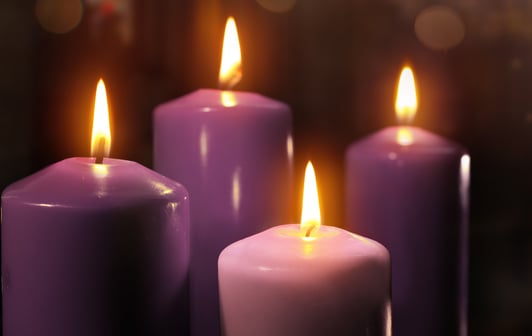
5 Steps To Prepare Yourself For a Holy Advent Season
Read More: 5 Steps To Prepare Yourself For a Holy Advent Season5 Steps to Prepare Yourself for a Holy Advent The Season of Waiting, Hope, and Preparation As we approach the holy season of Advent, the Church invites us into a time of waiting, reflection, and spiritual preparation. Advent is not simply the countdown to Christmas, but a sacred journey of prayer and purification, where we…
Search
Popular Posts
-
The Bible is a Catholic Book!
Download below for Free Powered By EmbedPress
-
Which Bible Should We Read?
Please Download Below! Powered By EmbedPress
Categories
Archives
Tags
#Miracles (106) 2023 (4) 2024 (4) approved miracles (2) catholic (148) catholic blog (395) catholic meditations (7) catholic miracles (391) catholic motivation (2) catholic news (385) catholic prayers (4) CatholicSeers (373) catholic vlog (394) catholic websites (6) Eucharistic miracle (2) fr jim blount (3) GisellaCardia (11) hamas (3) imitation of christ (2) Israel (4) israel live (5) Israel news (9) jesus (3) jesus christ (4) Latest messages (11) lent 2023 (10) lent 2024 (4) lent homily (2) lent retreat (4) lent retreat 2023 (3) Lourdes (2) messages from god (6) MessagesFromHeaven (381) miracles of catholic church (2) mother and refuge (2) ourlady (329) OurLadyApparitions (22) our lady of lourdes (2) Pope (2) POPE francis (3) pope francis news (2) prayers (3) real miracles (367) sacred heart of jesus (2) The Miracles of Lourdes (2)
